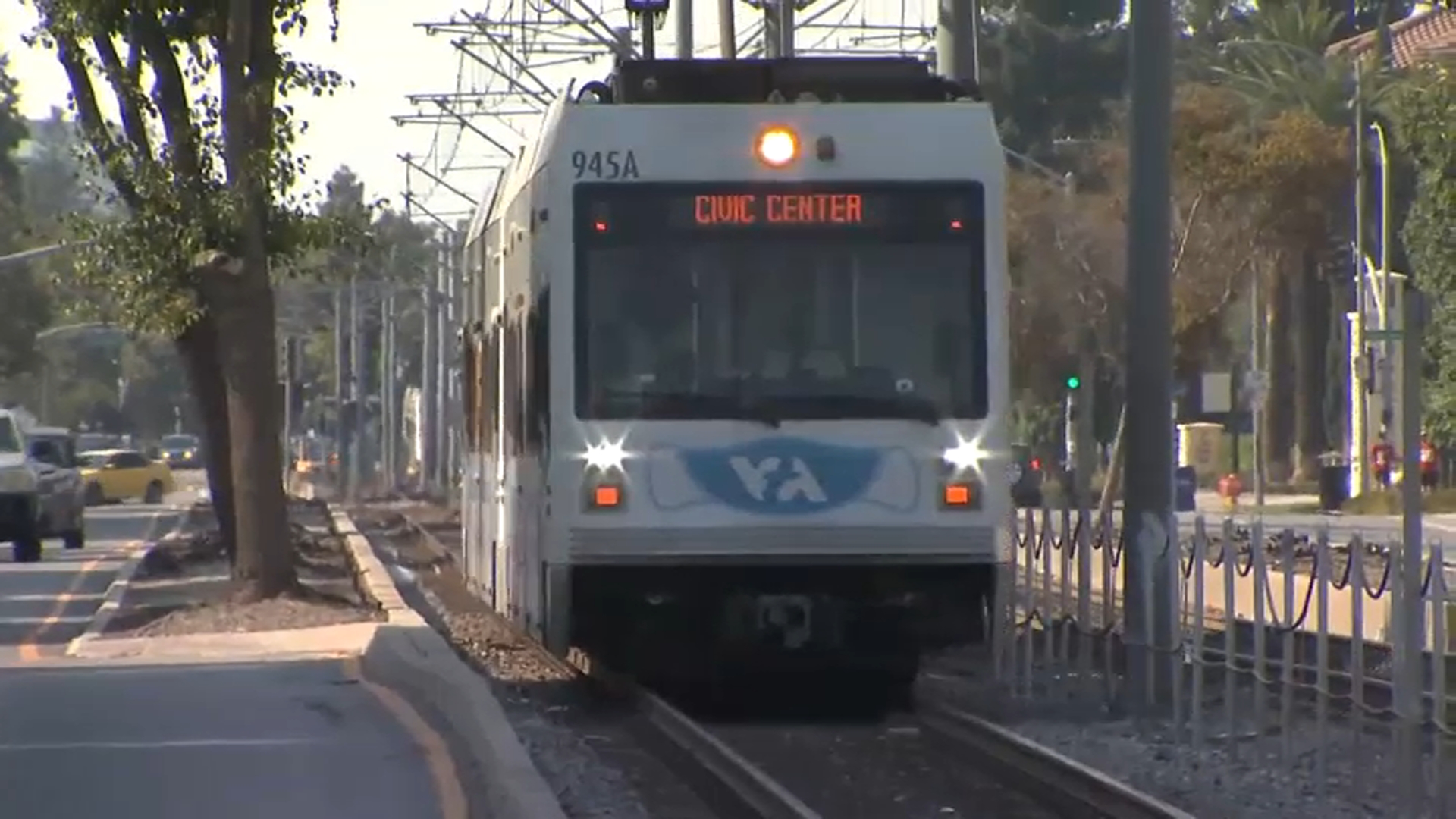NBC Bay Area Responds to a San Jose homeowner who believes she’s out close to $10,000. She blames a solar company. Consumer Investigator Chris Chmura reports.
Laura Lebherz’s solar panels have cut her electric bill substantially. “A couple hundred bucks a month,” she explained. But she says they’re still costing her far more money than she expected.
“The problem is I’m missing almost $10,000 of a tax credit for my solar panels,” she said.
Lebherz says the door-to-door salesman who sold her the $31,000 solar array on the last day of 2016 assured her she would get a federal tax credit in 2017. She says they even went over her tax documents before she signed the contract.
“We got out my W-2s, we got out my 1040,” she recalled.
Months later, when she filed her tax return, Lebherz expected a credit of more than $9,000 -- which she would use to pay off part of the loan she took out to buy the panels.
But, “it never materialized,” she said. “I did not qualify for the tax credit, unknowingly.”
It turns out, without the energy tax credit, Lebherz’s tax bill was already zero – due to other deductions and her teacher salary. So, she got nothing out of the energy credit.
Local
Lebherz felt the solar company made a mistake. She asked it to either give her $9,000 for the tax credit or remove the panels and refund her.
“They can take them away,” she said.
The solar company declined. So, Lebherz asked us for help. We looked at her paperwork. Nothing we saw promises that 30 percent tax credit. But Lebherz insists the salesman accounted for it when they made the deal.
“When we did all the math, for monthly payments, etc., that was how the monthly payment was figured,” she said. “With that 30 percent already figured in.”
When we contacted the company, it denied giving Lebherz advice about the tax credit. Its vice president said, “We are careful to advise customers that we provide no tax advice.”
He considers Lebherz’s case closed.
So, who said what at Lebherz’s front door? We can’t say. What we can say is someone like Ruth Godfrey strives to prevent disputes like this. Godfrey is one of the only people in this country who actually reads the IRS code in full.
“Every word,” she said.
Godfrey is a tax accountant who sits on the board of the National Society of Accountants. She is emphatic: Any time a tax benefit is part of a sales pitch, you’ve got to stop and bring in a tax pro, an expert who can assess your eligibility in 15 to 30 minutes.
“You should never take tax advice from a door to door salesman on anything solar or otherwise,” she said. “They’re there to sell you a product. They don’t really care whether you’re making a sound financial decision or not.”
Godfrey said getting the figures correct is vital.
“It’s very important to get it right, or they don’t get the credit,” she said. “Bottom line.”
Solar panels are going up fast in California. And so are complaints filed with the state. A total of 792 people complained about solar companies in 2017 – almost double 2016.
The state says the top gripe is salespeople. So, a crackdown is underway. The Contractor’s State License Board planned an undercover sting for this month. Plus, it’s teaming up with the Federal Trade Commission to investigate high-pressure tactics that are used to sell solar panels.
“I would say be warned,” Lebherz said.
Lebherz wants the state to do even more to protect people like her, especially on the tax credit part. Maybe even require contractors to encourage consumers to bring in a tax pro.
“It might be a problem more often than just me,” she said.
Here’s one very important protection for people who are sold a home improvement project by a door-to-door salesman: You may cancel within the first three days. It’s your right by state law.
So, use those first 72 hours wisely to review the deal. Get a second opinion. Make sure you’re getting everything you’re paying for. If not, speak up. Then, cancel if you have to.



